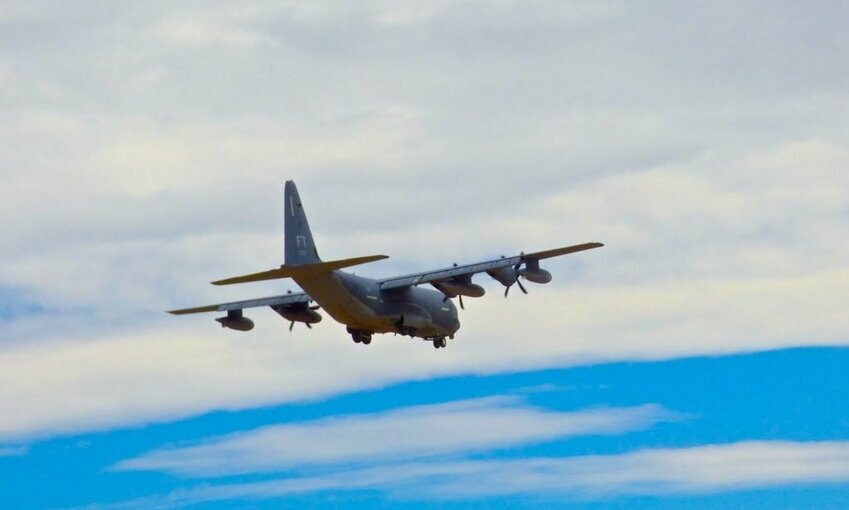 (Credit: Flickr)
(Credit: Flickr)Greater MSP Partnership, Bank of America, Delta, Ecolab, and Xcel Energy have jointly agreed to establish the Minnesota Sustainable Aviation Fuel (SAF) Hub in order to scale up SAF production, working to eventually replace conventional jet fuel.
The new hub will be the first large-scale SAF Hub in the United States and will work towards bringing commercial aviation to net-zero emissions by 2050. The anchor members of the project are also joined by other leading institutions, such as the State of Minnesota, in working to aggressively decarbonize the airline industry.
The Minnesota SAF Hub coalition has planned a multi-phased approach to scaling SAF production, including the use of existing feedstocks and facilities. This will allow SAF to be implemented at the Minneapolis-Saint Paul Airport as early as 2025. Other prospective producers of SAF will then be invited to work with the coalition in order to produce quantities of SAF required to meet their emissions reduction goals. The coalition also plans to accelerate greenhouse gas reductions by incorporating carbon capture technologies and regenerative agriculture practices in their plan.
“The Minnesota SAF Hub is the game changer aviation needs to start producing SAF at the volumes required to meet our aggressive goals,” said Ed Bastian, CEO of Delta. “This coalition of heavy hitters from across the SAF ecosystem are collaborating to rapidly scale production, demonstrating the power of partnerships to meet our shared goal faster than any of us could do on our own.”
Aviation is known as a hard-to-decarbonize sector due to its reliance on carbon-emitting jet fuel. SAF has been identified as the best option for decarbonizing the industry in the near-to-mid term, and airlines all over the world have committed to buying billions of gallons of SAF over the coming decades. Delta alone already uses about 250 million gallons of SAF each year and plans to reach 50% SAF fuel by 2035. At present, there isn’t nearly enough SAF being produced to meet this demand, so creation of the Minnesota Hub is largely focused on providing SAF at scale.
SAF is a safe and fully certified jet fuel that can be used in today’s aircraft and can be delivered through already existing pipeline infrastructure. It is made from renewable feedstocks and used cooking oil and can reduce carbon emission of aviation by 80%.
The coalition’s SAF production plan includes environmental and water stewardship at all levels of the SAF value chain, starting with the feedstock used to make the fuel. It also plans to produce affordable SAF through an integrated value chain located at the Minneapolis airport. Input from university and private sector research will help address potential technical hurdles of the project as well.
“We know from experience that the path to building a sustainable future requires collective action,” said Christophe Beck CEO and Chairman of Ecolab. “It was important for Ecolab to join other industry leaders on day one of the Minnesota SAF Hub, as our process innovation and technology expertise can help the coalition scale to meet the challenge and opportunity of sustainable aviation.”